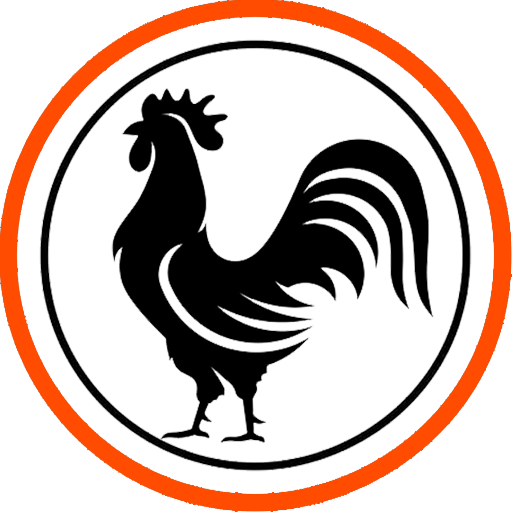Reading can be seen as a gateway to knowledge, creativity, and inspiration, yet for many readers, starting a book or article is the biggest struggle. It is not digesting its words but beginning it itself. This resistance may stem from psychological, environmental, or emotional barriers preventing readers from beginning. And so, this initial step often becomes daunting and takes considerable courage.
One of the main obstacles to reading can be found in modern life’s myriad distractions, from notifications on smartphones to social media demand and binge-watching TV shows often taking priority over quiet reading commitment. Reading can seem almost countercultural; unlike scrolling through a feed, it requires presence, intention, and sometimes disciplined time for focused engagement.
Another challenge of selecting books lies in their wide availability; for example, bookstores and digital libraries present endless choices promising transformative, entertaining, or educational value. But have you ever thought with such an abundance comes decision fatigue. Many authors like James Clear, Cal Newport and Brian Tracy mentioned this in their books. We all seek answers to the question, what if the chosen book doesn’t deliver? Then we stay on this question instead of trying to give it a read. Or otherwise, do we think the book is too complex or simple for my taste? Such concerns often lead to procrastination as the process itself becomes overwhelming as mentioned in Eat that Frog by Brian Tracy.
We are a generation who do not have enough time. This time scarcity is also another important factor. Many individuals feel they don’t have enough free time for reading when life becomes increasingly full of work commitments, family obligations, and social obligations. Actually when we are thinking this, we think of completing a book in one go, that I will discuss later in this series. Thinking reading requires large blocks of uninterrupted time can be discouraging; yet reading even just a few pages each day can bring great enrichment; however convincing ourselves to prioritize reading over other tasks often seems an uphill battle.
Psychological considerations also play a part. Fear of failure–failing to understand, finish or enjoy a book–can impede starting reading complex material like classic literature or dense nonfiction books. People often assume they must read in perfect conditions without interruptions in order to enjoy the experience; this creates unnecessary obstacles which further increase difficulty of taking that initial step towards reading for pleasure.
Even avid readers can experience difficulty with reading. Avid book lovers sometimes experience reading slumps where even starting a book seems an impossible task due to factors like burnout, unmet expectations from previous reads or mental fatigue; further delaying their enjoyment of diving into new stories.
Solution to this challenge lies in simplifying the process. Establishing a dedicated reading space, setting realistic yet achievable goals, and selecting books based on personal interest rather than obligation can all help make reading less intimidating. Acknowledging that reading doesn’t have to be perfect or continuous also aids. Focusing instead on action such as opening a book and reading its first sentence allows curiosity to take hold. Overall, reading can be challenging due to modern distractions, decision fatigue, time restrictions and psychological barriers – yet with small intentional changes it’s possible to overcome these inertias and rediscover its joy again. Once formed as a habit however, the rewards far outweigh initial resistance – opening up new worlds of possibility with every page read.

